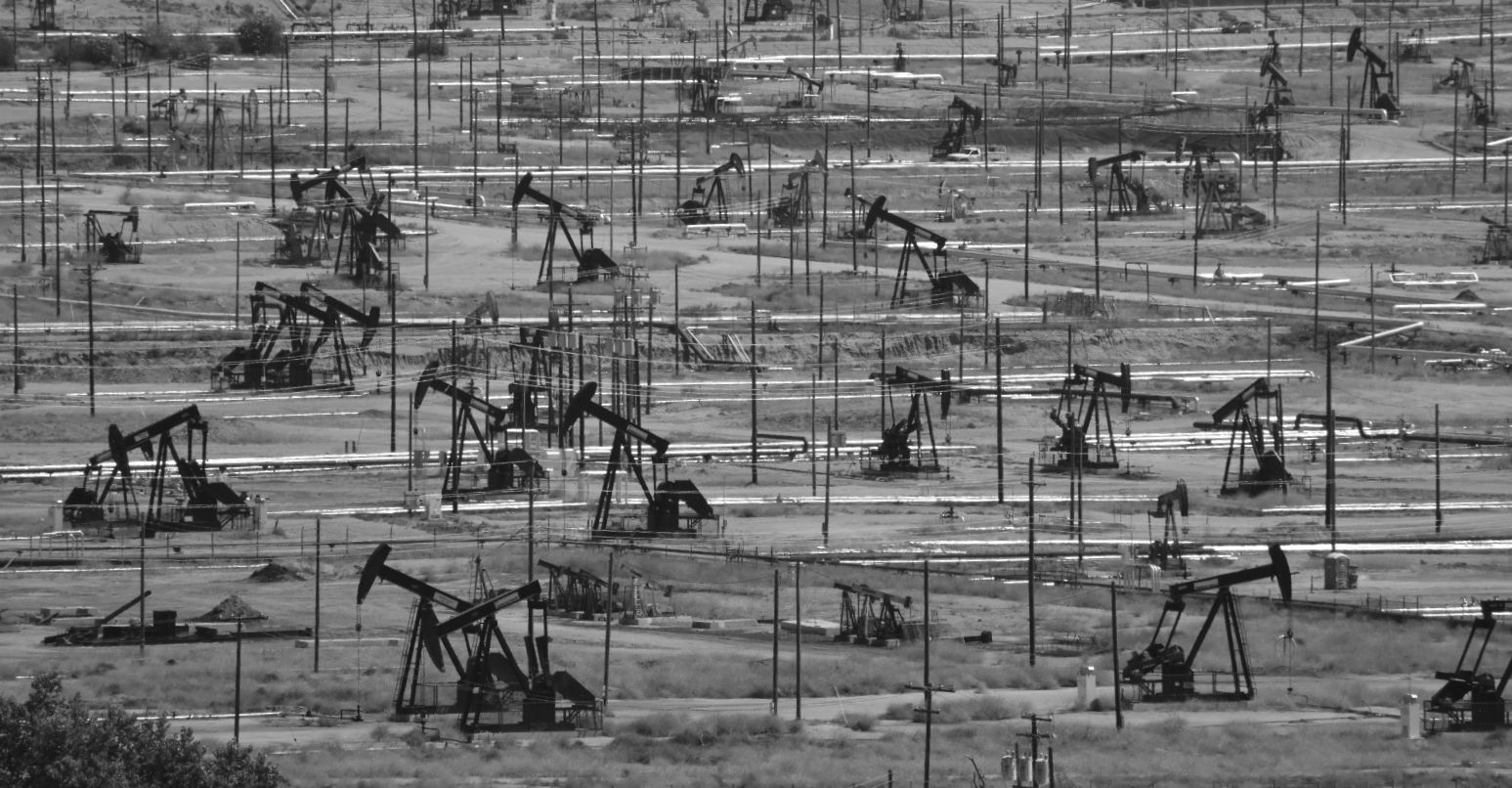The end of Santos sponsorship of the Darwin Festival after seven years of campaigning by Traditional Owners and artists is the latest in a string of moves to decouple our beloved and much needed institutions from fossil fuel companies. This fortnight alone we have seen the Perth Festival end ties with Chevron, a letter calling for an end to Woodside sponsorship from Fremantle Dockers fans, Hancock walking from their $15 million sponsorship of the Diamonds Netballers and the end of Alinta sponsorship of Cricket Australia.
The growing momentum against such sponsorships across the arts, sports and education speaks to much more than a rejection of spin and greenwashing: it highlights the urgent conversations we need to have about the social license that these deals have given to the extractive industry amidst the ever-worsening climate crisis. In the cases of the Diamonds/Hancock and Santos/Darwin Festival, the discussion amplifies necessary reckoning with our histories of colonisation, racism and extraction.
We need to talk about how we will pay for the high costs of addressing the climate crisis as its impacts worsen and our lack of imagination when it comes to public ownership and public funding of public goods, such as the arts. Instead of accepting piecemeal, discretionary grants from corporate giants such as Santos, we could instead just tax them properly and then democratically distribute the money to the services and organisations that will make our communities flourish.
It seems we have become so used to branded stadiums, museums, galleries and health and medical services that we have lost sight of the idea that we could instead own and fund these institutions publicly. And this is a key reason they have to seek corporate support in the first place.
Santos, BHP, Origin, Woodside, Hancock and FMG pay very little tax in Australia, but they toss money at some of our fragile and beloved institutions to cement their social license to operate. Meanwhile they were granted an estimated $11.6 billion in government subsidies in 2021-22 alone.
Some fear that if we were to drop these companies as sponsors that these festivals, sporting clubs or universities will be unable to operate. But there’s a clear solution. If we made wise budget decisions, for example putting an end to those fossil fuel subsidies, abandoning the $243b stage three tax cuts or stopped spending unknown billions on submarines we’d have plenty more in the public bank. It is as if these budget decisions and the funding of community footy clubs, first class public hospitals, university research institutes, arts festivals or emergency services are mutually exclusive. They are not.
So how did we get to the point where we think the only way all those things we love and need can be provided is dependent on the largesse of big companies, and their capacity to give or withhold funds?
Neoliberalism certainly has a lot to answer for. As George Monbiot explains, it is neoliberalism that dictates that ‘tax and regulation should be minimised, public services should be privatised,’ based on the claim that ‘the market delivers benefits that could never be achieved by planning.’
This is how corporations have made themselves appear indispensable. Part of why they seem so is because we are so used to seeing them everywhere, with their logos on our dialysis units, cancer wards, jumpers of our footy teams, sports stadiums and favourite arts festivals. This ubiquity is social license in action. Their visibility and their savvy sponsorship choices are specifically designed to make us think of them as essential to our lives.
Late last year, I called on filmmakers to avoid taking funds from Andrew Forrest’s newly established Minderoo Pictures. A great many discussed their concerns about Minderoo with me privately, knowing Forrest’s background. Most were nervous about signing an open letter or putting their name to an op-ed, fearing that it would create a risk that they may not get support for their project from Minderoo Pictures or other philanthropists in the future. Many others politely reminded me that ‘all money is dirty,’ before shrugging off concerns about Forrest’s history of native title smashing and pointing to some of the good things he now funds, dismissing his historic bad practice because of the need for financial backing for projects. Which in itself proves how powerful social license can be and exactly what kind of protections from critique these companies are buying for themselves with their sponsorships.
As I noted at the time, this conversation cannot start from a position of moral purity—particularly on this continent, where so much wealth is derived from invasion and extraction. However we can set standards about who we are prepared to grant social license to depending on the context of their profiteering be it from gambling, armaments, labour exploitation or extraction. On this basis we can create ethical sponsorship frameworks and charters, as the Sydney Festival is now doing in response to its poor sponsorship decisions earlier this year.
There’s an excellent interactive network map put together by Gabrielle de Vietri and Will Foster that explores the messy relationship between the fossil fuel sector and the arts in Australia. Getting Santos out of the Darwin Festival, Hancock out of Netball, Woodside out of the Fremantle Footy Club and BHP and Dalrymple Bay Coal Terminal out of the Whitsunday Voices Literature Festival are some first, small steps towards disentangling this web of influence.
The cost of climate change impacts to Australia are astronomical, with the Climate Council projecting that the accumulated loss of wealth due to reduced agricultural productivity and labour productivity alone will exceed $211 billion by 2050. We are still calculating the cost of the floods drenching Victoria and NSW. At the same time, these extractive companies are projected to export over AUD $379 billion of fossil fuels in 2022. Extraordinary profits which we also underwrite with our tax dollars.
We know we urgently need to get off fossil fuels and transition away from these dirty industries. In the meantime, these companies are running off with billions of dollars—so why shouldn’t we enforce royalties and reparations as well as taxing them to fund the infrastructure and services we need now, as the country transitions to a low carbon future?
The big fossil fuel companies, from Santos to Woodside, are not necessary to the healthy functioning of our society. In fact, it’s the very opposite—they are the ones that got us into this mess and are holding us back from taking real action. Ending their social license is the first step in being able to see and think clearly about the intense and disruptive challenges ahead.
With thanks to Rosemary, Alison, Maya & David for discussions and suggestions while writing this piece.
Image: a detail of the Darwin Festival Drop Santos poster by Nicky minus



